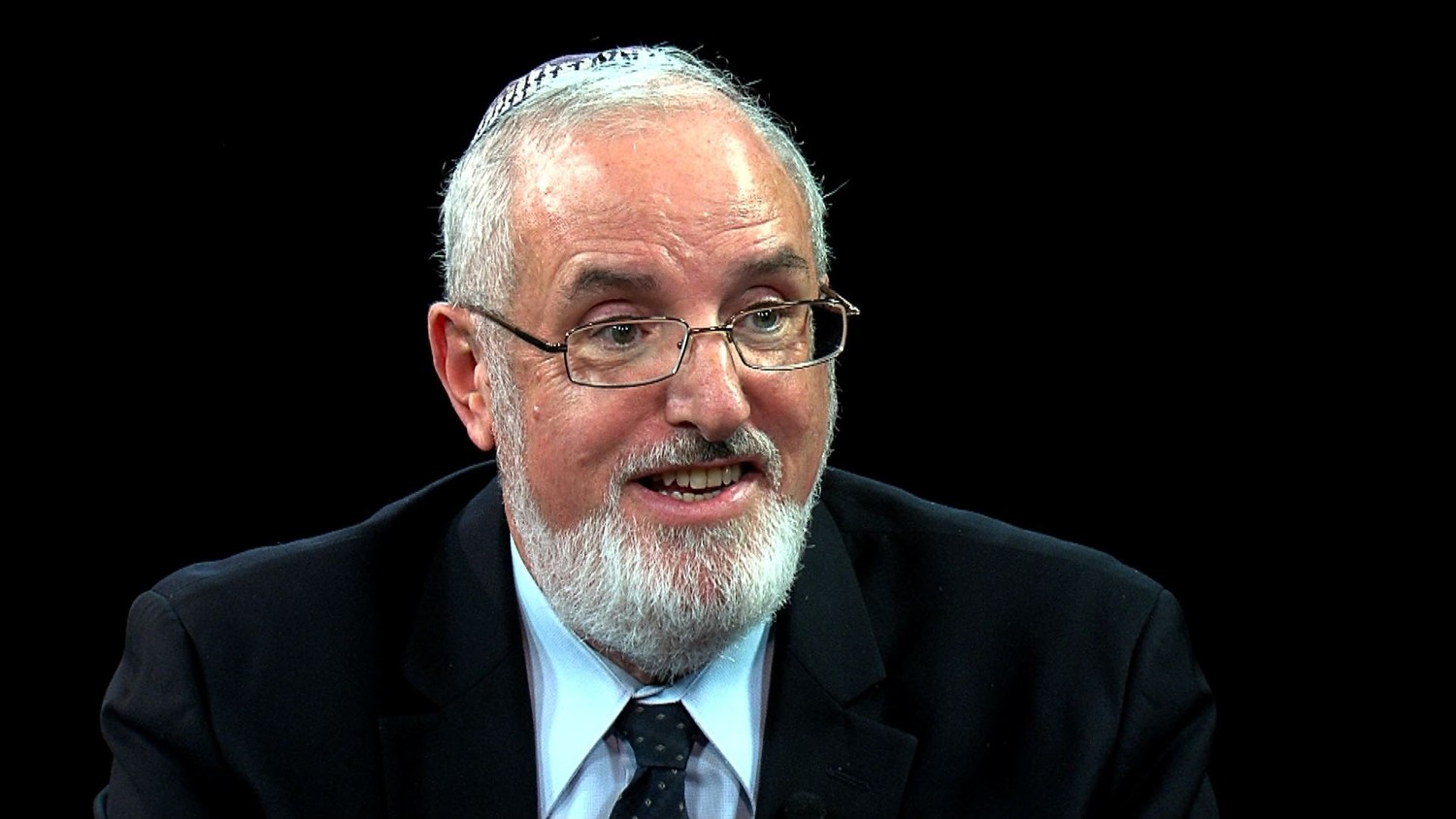Second chances: Thoughts for Beha’aloteha
One of my uncles, who was quite overweight, was told by his doctor that he must go on a strict diet. The doctor prescribed to help him in his weight loss program. Several months passed and my uncle had not lost one pound. When I asked him about his diet, he replied that his doctor was a quack. “He prescribed pills for me but the pills didn’t work at all. They killed my appetite.”
No, I am not making up this story.
My uncle, like many people, want to continue their lifestyles — even when unhealthy — rather than make serious changes that require self-sacrifice. My uncle wanted to take the pills to lose weight, but he didn’t want to lose his appetite in the process. He wanted to eat fattening food but not get fat.
Many people know they ought to change one thing or another about themselves, but they want the change to happen without them having to alter their attitudes or behaviors. When people fail, they want a second chance. But unless they are seriously ready to change, the second chance won’t be of much use. Mark Twain once quipped: “It’s easy to quit smoking; I’ve done it a hundred times.”
This week’s Torah portion includes a passage dealing with second chances. A group of Israelites had been unable to participate in the Paschal sacrifice because they had been ritually impure on the date of that ceremony. They asked Moses: “Why are we prevented from bringing the offering of the Lord in its appointed season among the children of Israel?” (Bemidbar 9:7)
Moses was not sure how to answer them so he posed the question to G-d. G-d replied: if people were unable to participate in the Paschal offering because they were ritually impure or because they were too far away to get to the site of the offering, they could have a “Pessah sheini,” a second opportunity a month later to participate in the Paschal offering. But, G-d added, if people had been ritually pure and near the site of the first Paschal sacrifice, and yet chose not to participate, then such people are guilty of a terrible sin and are not eligible to participate in the second Paschal sacrifice.
The lesson: if people sincerely want a second chance, they may have it. But if they are negligent in their duties, then they are not entitled to a second chance.
An inevitable feature of human life is making mistakes. The sign of greatness is to recognize our mistakes and misjudgments and seek a second chance. Even if one’s original error had been made with the best of intentions, one needs the strength to say: I was wrong; I need a second chance.
Not only should one admit to errors, one should actively undertake to correct those errors to the extent possible. One should realize that making changes is rarely a simple matter; it involves self-sacrifice and genuine commitment. Often, personal errors have had a negative impact on others, and one needs to seek a second chance to make things right again.
There are no magic “diet pills” that can help us achieve our goals without our own personal efforts.

 44.0°,
Mostly Cloudy
44.0°,
Mostly Cloudy 




